Nigeria is taking steps toward mainstream crypto adoption, marking a major policy shift that could redefine its digital economy. The Speaker of the House of Representatives, Abbas Tajudeen, inaugurated an ad hoc committee to review the economic, regulatory, and security implications of crypto and Point-of-Sale (POS) operations in the country.
The move represents a significant policy shift for Africa’s economic powerhouse, which has often vacillated between cautious acceptance and strict regulation of cryptocurrencies.
It also reflects growing recognition of the role digital currencies can play in financial inclusion, remittances, and youth empowerment, while acknowledging the dangers of fraud, cybercrime, and consumer abuse in a largely unregulated space.
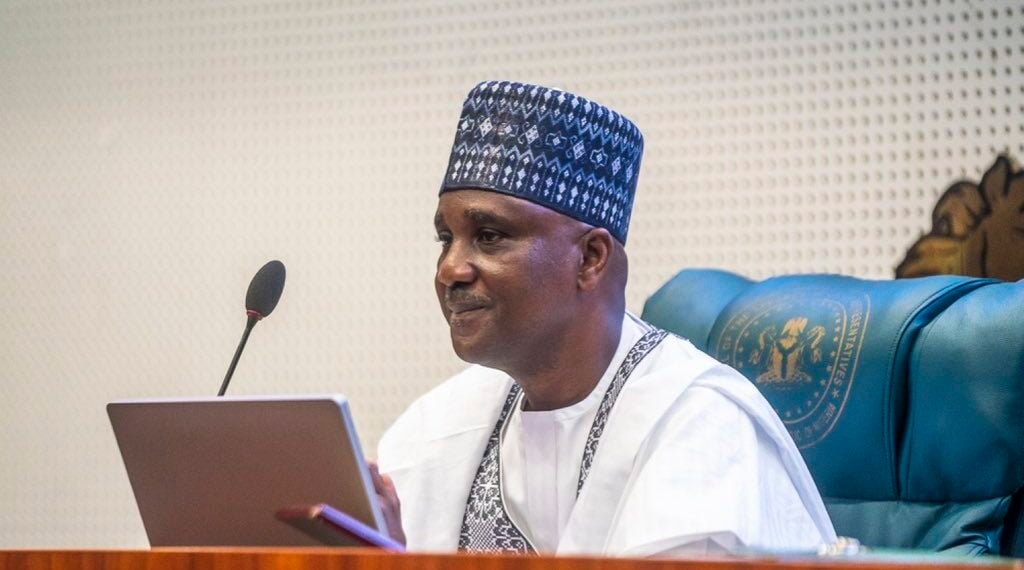
During the inauguration ceremony in Abuja, Speaker Tajudeen said the committee was established in response to widespread concerns over rising scams and security breaches within Nigeria’s digital finance ecosystem.
The Speaker underscored the need for legislative clarity, transparency, and consumer safeguards in the country’s fast-evolving crypto space.
“This ad hoc committee is absolutely necessary,” Tajudeen declared. “Its main job is to undertake public hearings to collect relevant information from stakeholders that will guide the House in developing legislation for a regulatory framework for the adoption of the currency in our economy. Its work will also guide the House in its oversight functions as they concern the use of digital currency in Nigeria.”
The Speaker’s remarks come at a time when Nigeria is experiencing an unprecedented surge in crypto activity.
According to recent reports by Chainalysis, Nigeria ranks 6th globally in crypto adoption, receiving $92.1 billion in on-chain value between July 2024 and June 2025, nearly half of Sub-Saharan Africa’s total of about $205 billion.
Nigeria’s crypto journey: From repression to regulation
The government’s renewed focus on crypto regulation follows years of policy reversals. In 2021, the Central Bank of Nigeria (CBN) banned commercial banks from facilitating crypto-related transactions, citing concerns over money laundering and terrorism financing.
The ban triggered an outcry from the tech community and pushed most trading activities underground or onto peer-to-peer (P2P) platforms.

However, by late 2023, the CBN softened its stance, lifting the restrictions and issuing guidelines for Virtual Asset Service Providers (VASPs).
This move signalled the start of a new regulatory era, paving the way for exchanges and fintech companies to operate under supervision while aligning with global standards such as the Financial Action Task Force (FATF) recommendations.
In March 2025, President Bola Ahmed Tinubu signed into law the updated Investments and Securities Act (ISA) 2025, which classifies digital assets, including cryptocurrencies, as securities, thereby placing them under the regulatory purview of Nigeria’s Securities and Exchange Commission (SEC).
This legislation removes the previous legal grey area and gives regulators clear jurisdiction over crypto trading, custody, issuance, and oversight.
With digital assets now legally recognised, Nigeria can formally integrate crypto into its financial architecture while imposing necessary safeguards.
Still, the regulatory framework is nascent. The newly inaugurated ad hoc committee is meant to gather public views and build the body of law that will govern crypto’s use in commerce, especially in POS and everyday payments.
Also read: How Nigeria plans to tax crypto holders and traders from January 2026
Tajudeen’s emphasis on consumer protection and VASP regulation signals awareness that growth without oversight could backfire.
The push by the House is seen as a complementary effort to the CBN’s policies, aimed not just at regulating but also at legitimising digital cryptocurrencies as a formal part of Nigeria’s financial system.
Balancing innovation and consumer protection
Experts believe the new committee could help strike a balance between innovation and safety. Clear rules will attract more investment and encourage responsible adoption, while law enforcement agencies like the EFCC argue that better oversight is essential to combat cybercrime and fraud.
In recent years, Nigeria has seen a wave of online scams linked to unregistered crypto platforms and fraudulent investment schemes. Many victims, particularly young and inexperienced users, have lost significant sums to Ponzi-style projects. The government’s goal, according to insiders, is to build a framework that protects consumers without stifling innovation.

The ad hoc committee is expected to conduct nationwide public hearings, engaging stakeholders from the Central Bank, the Securities and Exchange Commission (SEC), fintech associations, and consumer advocacy groups. Its findings will shape new laws to define licensing requirements, compliance obligations, and penalties for violations.
The outcome could determine whether Nigeria emerges as a crypto-friendly jurisdiction or retreats into overregulation. But for now, optimism prevails.
With a young, tech-savvy population and one of the world’s highest rates of digital currency usage, Nigeria stands at the crossroads of a financial revolution. The government’s commitment to structured regulation, transparency, and consumer protection could finally unlock the full potential of crypto in Nigeria.
As the committee’s work unfolds, one thing is clear: crypto is no longer a fringe asset in Nigeria; it is fast becoming part of the country’s financial mainstream.


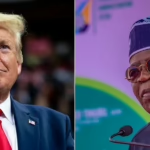
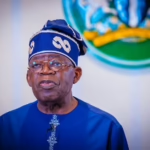



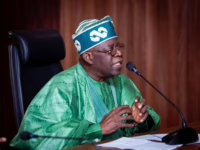


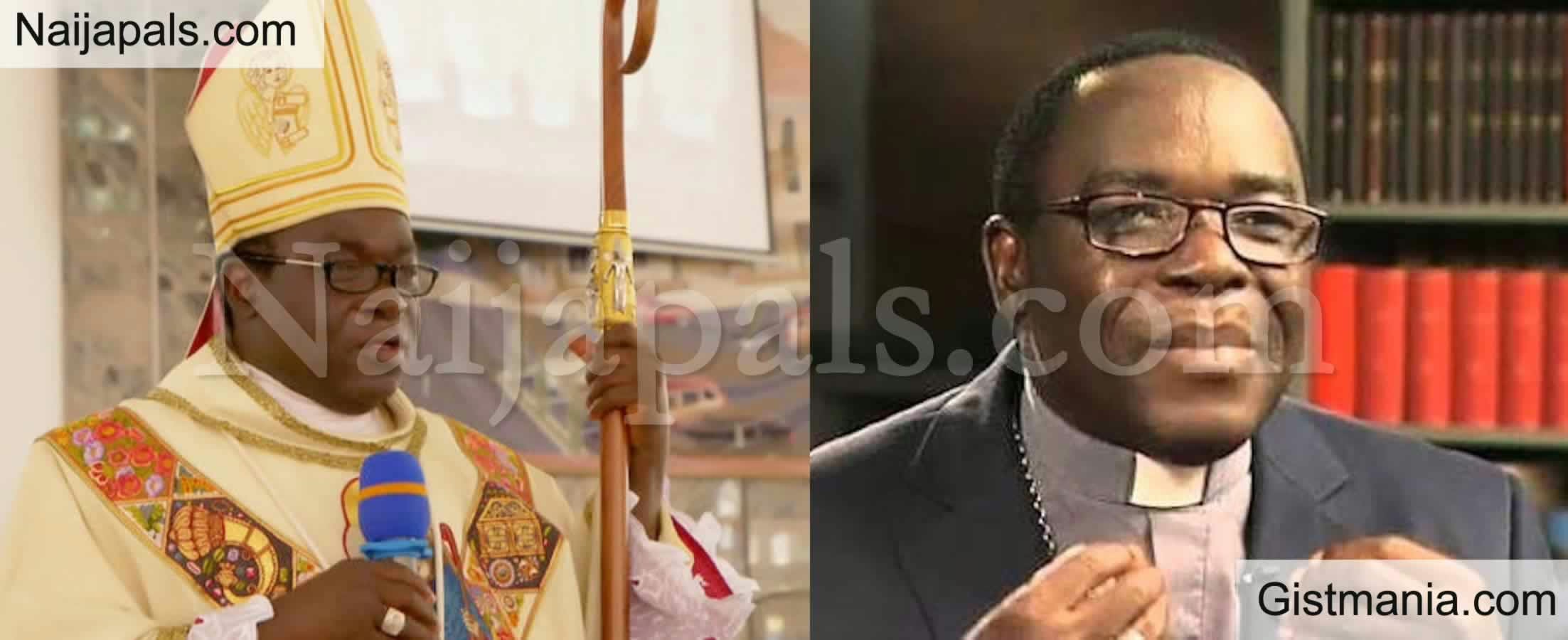







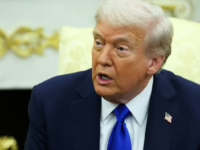




0 Comments